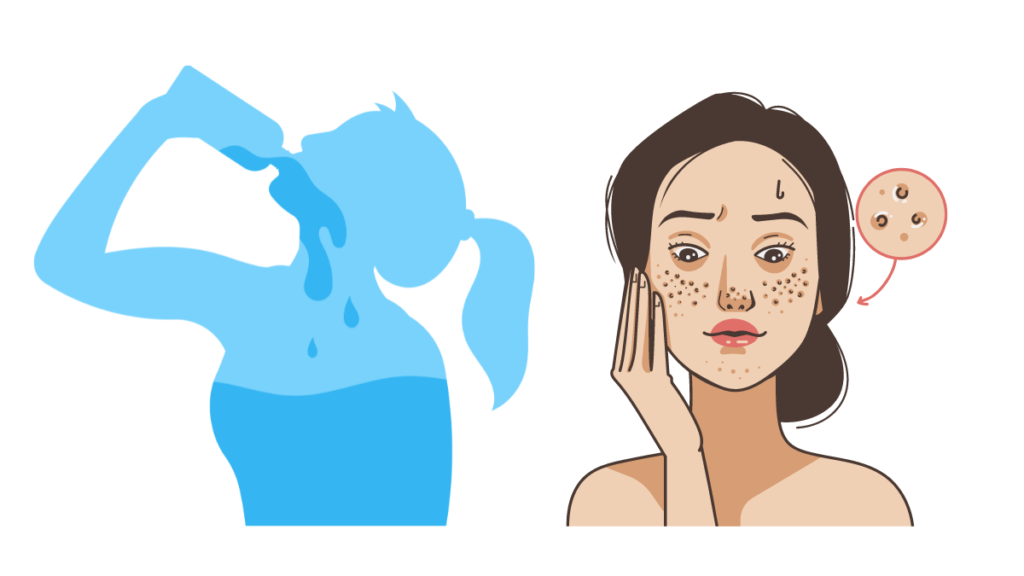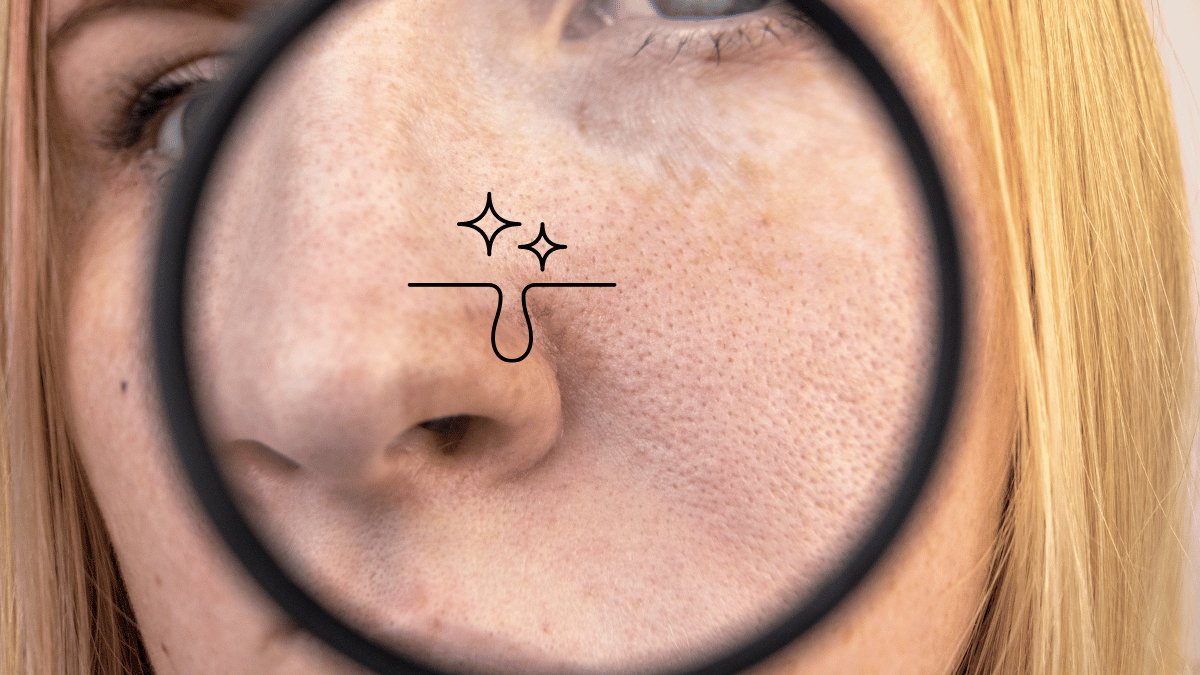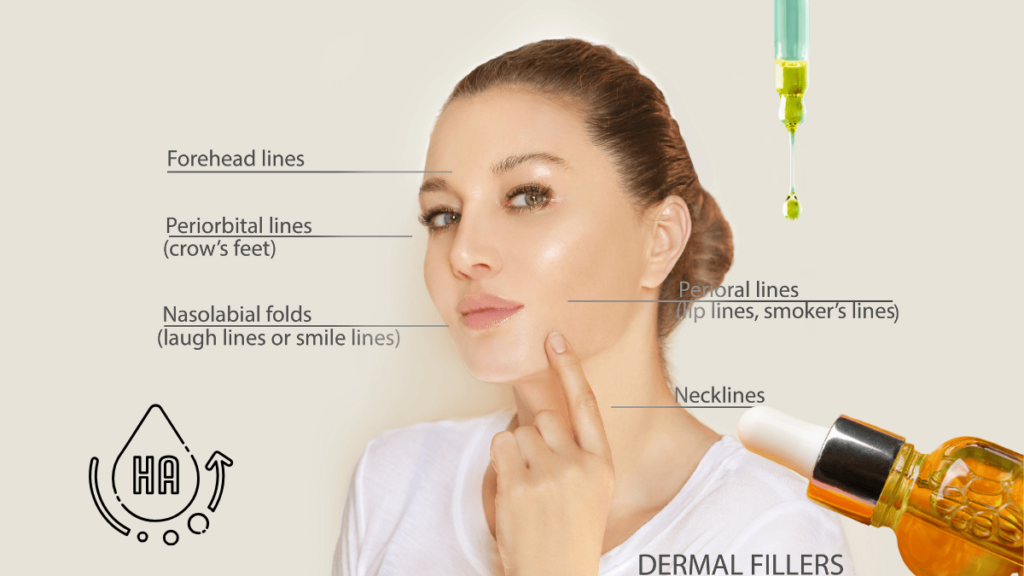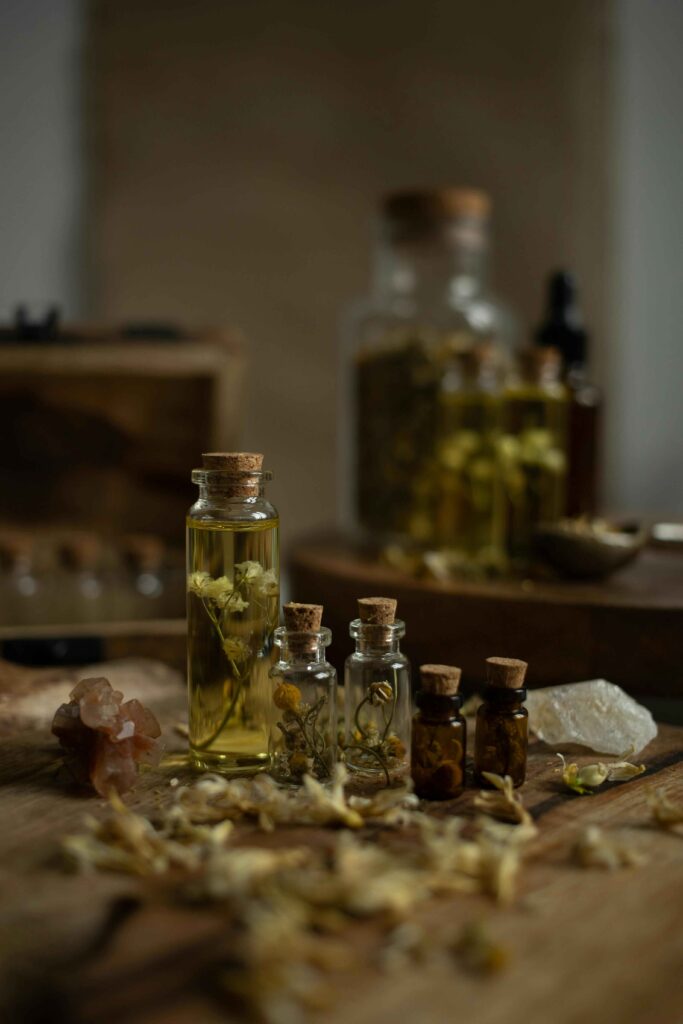How to Reduce Pores on Your Nose
Understanding Pore Size
Pores are tiny openings on the surface of your skin that serve an important function, allowing sweat and oil to reach the surface. While they are essential for skin health, many people find larger pores, especially on the nose, to be a common concern. Understanding what influences pore size can help you manage their appearance.
What Causes Enlarged Pores?
Several factors contribute to enlarged pores. One of the primary causes is excess oil production, which often occurs in individuals with oily skin. When your skin produces more sebum than necessary, it can lead to clogged pores, making them appear larger. Clogged pores filled with dirt, oil, or dead skin cells can exacerbate the issue.
Additionally, as we age, our skin loses elasticity, causing pores to stretch and become more noticeable. Sun damage also plays a role; UV exposure can damage the skin, further contributing to the appearance of enlarged pores.
The Role of Genetics and Skin Type
Genetics is another significant factor in determining pore size. If your parents had larger pores, there’s a good chance you might, too. Your skin type is also crucial in this equation. Oily skin is generally more prone to enlarged pores due to its higher sebum production, while dry or sensitive skin may not experience this issue as prominently.
Understanding your skin type allows you to tailor your skincare routine effectively, helping you manage and reduce the visibility of pores on your nose. By addressing these various factors, you can work towards achieving a smoother, more refined appearance.
Skincare Routine for Reduce Pores On Nose
Cleansing: Choosing the Right Cleanser
A proper cleansing routine is essential for minimizing the appearance of pores. Selecting the right cleanser can make a significant difference. Look for a gentle, non-comedogenic cleanser that effectively removes dirt, oil, and makeup without stripping your skin of its natural moisture.
Gel-based or foaming cleansers are often ideal for oily skin, while cream-based cleansers can be beneficial for drier skin types. Regular cleansing helps prevent clogged pores, keeping your skin clear and reducing the likelihood of enlarged pores.
Exfoliation: Benefits of Chemical and Physical Exfoliants
Exfoliation is another key step in a pore-minimizing skincare routine. Both chemical and physical exfoliants can help remove dead skin cells that clog pores. Chemical exfoliants, like alpha hydroxy acids (AHAs) and beta hydroxy acids (BHAs), penetrate deeper into the skin, helping to dissolve excess oil and unclog pores effectively.
On the other hand, physical exfoliants, such as scrubs, work on the skin’s surface to slough away dead skin. However, it’s essential to use physical exfoliants gently to avoid irritation. Incorporating exfoliation into your routine a few times a week can lead to smoother, more refined skin.
Moisturizing: Importance of Hydration
Many people mistakenly believe that if they have oily skin, they should skip moisturizing. However, hydration is crucial for all skin types, including oily skin. Using a lightweight, oil-free moisturizer helps maintain your skin’s moisture barrier, preventing it from producing excess oil in response to dryness. A well-hydrated complexion can lead to smaller-looking pores and improved overall skin texture.
Look for moisturizers that contain ingredients like hyaluronic acid, which provides hydration without clogging pores. By prioritizing cleansing, exfoliation, and moisturizing, you can create a balanced skincare routine that minimizes the appearance of pores on your nose.
Effective Treatments for Reducing Pores
Topical Treatments: Retinoids and Niacinamide
Topical treatments can significantly aid in reducing the appearance of pores. Retinoids, derivatives of vitamin A, are known for their ability to promote cell turnover and improve skin texture. They help unclog pores and stimulate collagen production, leading to firmer, smoother skin over time.
Niacinamide, or vitamin B3, is another effective ingredient. It helps regulate oil production, minimizes the appearance of pores, and improves overall skin tone. Incorporating these ingredients into your skincare routine can yield noticeable results in pore size and skin clarity.
Professional Options: Facials and Microdermabrasion
For more immediate results, professional treatments can be beneficial. Facials tailored to your skin type often include deep cleansing, exfoliation, and hydration, which can help reduce pore size and improve skin texture.
Microdermabrasion is another effective option; it involves a gentle exfoliation of the skin’s surface, removing dead skin cells and promoting new cell growth. This treatment can enhance skin radiance and minimize pore visibility. Consulting with a licensed esthetician or dermatologist can help you choose the best option for your skin needs.
Chemical Peels: How They Help
Chemical peels are a powerful treatment for reducing enlarged pores. These procedures involve applying a solution that exfoliates the top layers of skin, revealing smoother, more even skin beneath. Depending on the strength of the peel, results can range from mild exfoliation to more intensive treatments that penetrate deeper layers of skin.
Chemical peels can effectively reduce oiliness, improve skin texture, and minimize the appearance of pores. Regular treatments can lead to significant improvements in the overall appearance of your skin, making chemical peels a valuable addition to your skincare regimen.

Natural Remedies to Reduce Pores
Homemade Masks and Scrubs
Natural remedies can also be effective for minimizing the appearance of pores. Homemade masks and scrubs using simple ingredients can provide gentle exfoliation and hydration. For example, a mask made from honey and yogurt can help cleanse and nourish the skin, while oatmeal mixed with water serves as a soothing scrub that removes dead skin cells without irritation.
Another option is a clay mask, which can absorb excess oil and tighten the skin, reducing the visibility of pores. Using these remedies regularly can help maintain clearer skin and a refined texture.
The Power of Essential Oils
Essential oils can be powerful allies in your skincare routine. Oils like tea tree, lavender, and chamomile possess anti-inflammatory and antibacterial properties, making them beneficial for oily and acne-prone skin. Tea tree oil, in particular, can help control excess oil and prevent breakouts, while lavender oil soothes and calms the skin.
When using essential oils, always dilute them with a carrier oil to prevent irritation. Incorporating these oils into your skincare routine, whether in a DIY mask or added to your moisturizer, can enhance your efforts to reduce pore size naturally.
Conclusion
In summary, reducing the appearance of pores on your nose requires a comprehensive approach that combines effective skincare practices and treatments. By understanding the factors that contribute to enlarged pores, such as oil production and aging, you can tailor your routine to address these concerns.
A consistent regimen of cleansing, exfoliating, and moisturizing, along with the use of targeted treatments like retinoids or niacinamide, can lead to noticeable improvements. Additionally, incorporating natural remedies and seeking professional treatments can further enhance your results.
Ultimately, maintaining a healthy skincare routine and being mindful of sun protection and hydration are key to achieving smoother, refined skin. With dedication and the right strategies, you can effectively minimize the appearance of pores and enjoy a clearer complexion.
FAQ
What causes enlarged pores
Enlarged pores are primarily caused by excess oil production, clogged pores, aging, and sun damage.
Can I shrink my pores permanently?
No, you can reduce their appearance but not permanently shrink them.
What ingredients should I look for?
Look for retinoids, niacinamide, salicylic acid, and clay in your skincare products.
How often should I exfoliate?
Exfoliate 1 to 3 times a week, adjusting based on your skin’s response.
Do natural remedies help?
Yes, natural remedies can complement your routine but may not deliver dramatic results.



Pingback: Does Castor Oil Clog Pores What You Need to Know